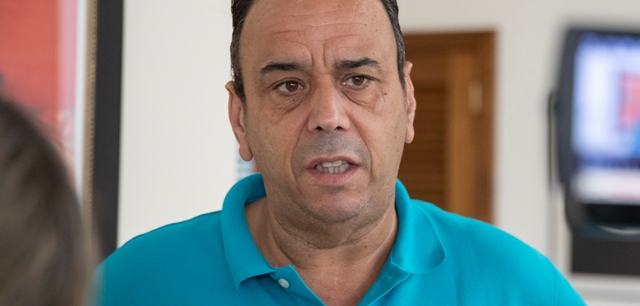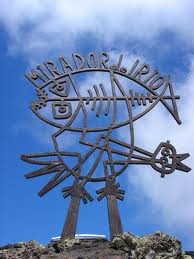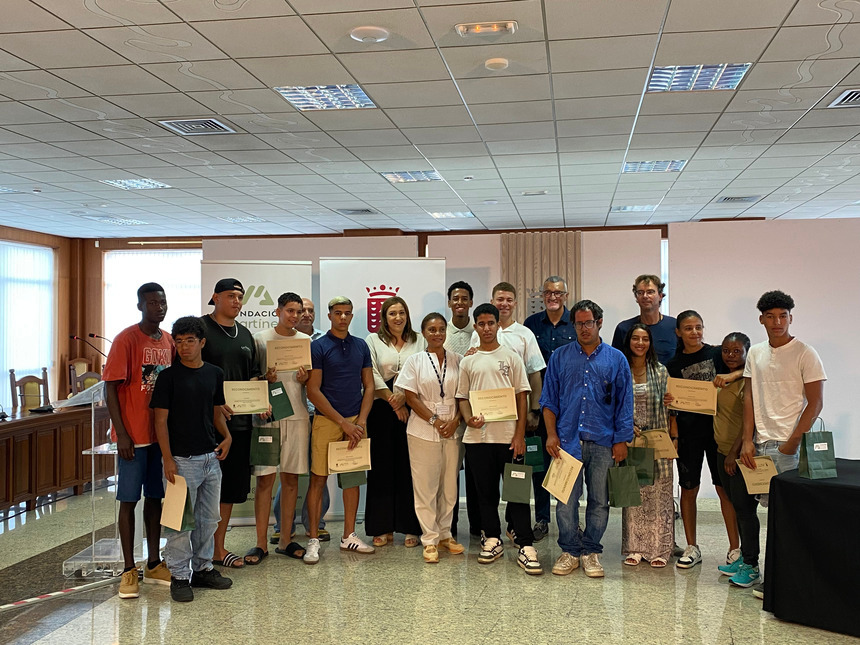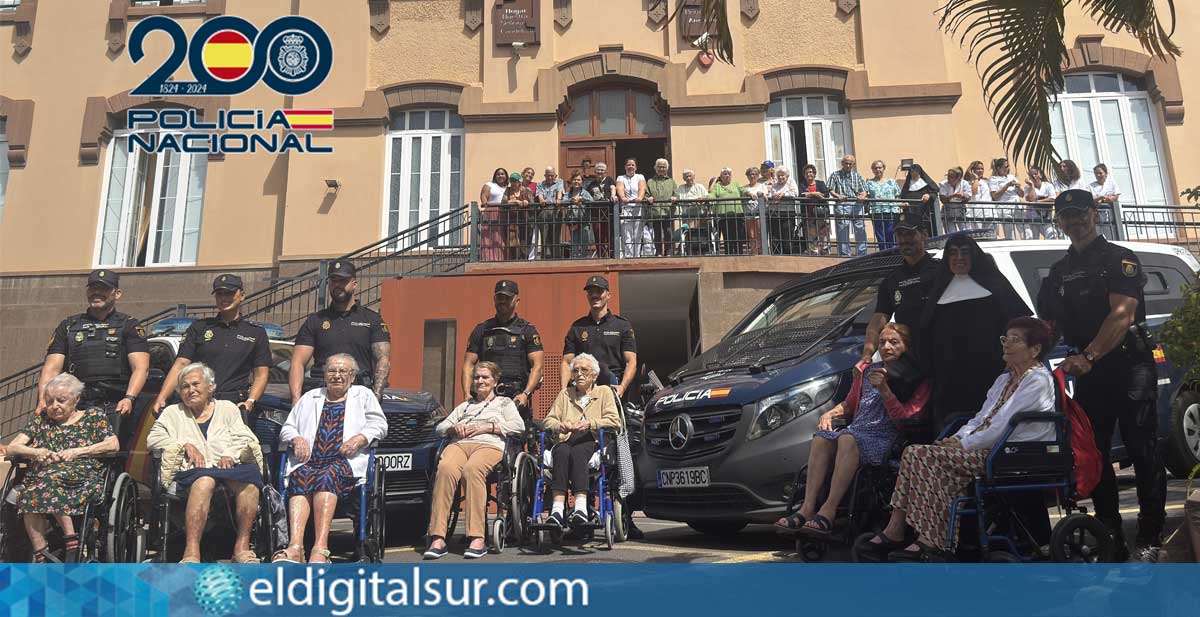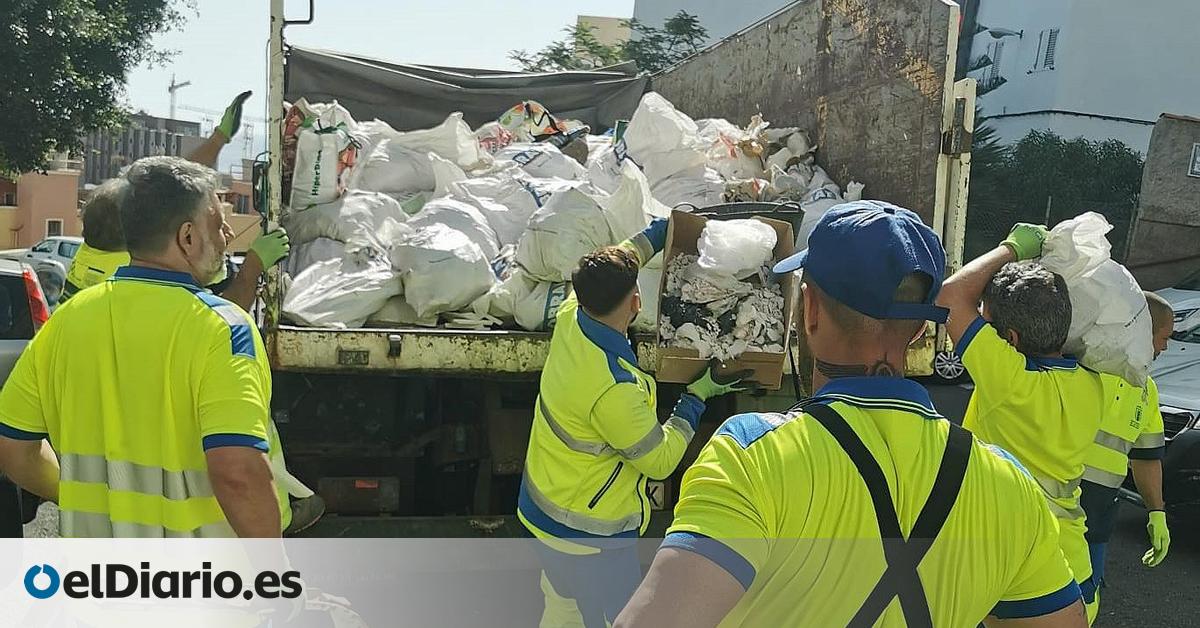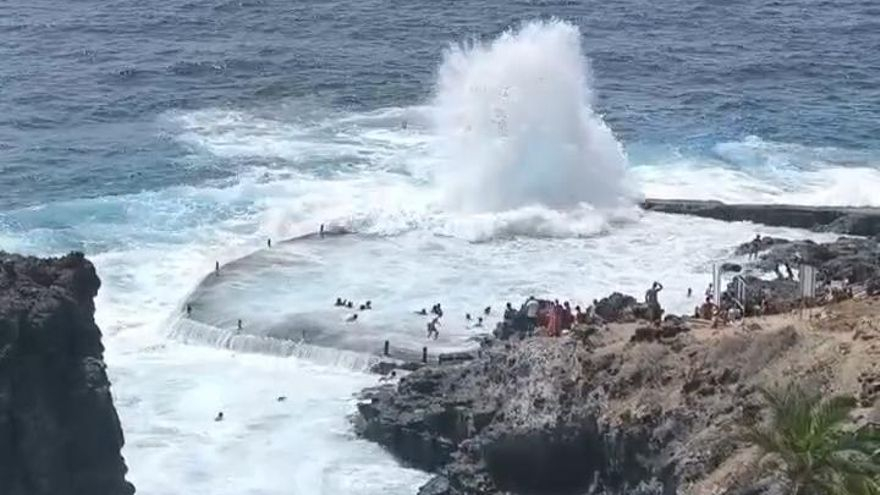
The director, Óscar Camps, states that they are not here to “replace” Salvamento, presenting his NGO as a “counterbalance” to xenophobic rhetoric.
SANTA CRUZ DE TENERIFE, 28 Aug. (EUROPA PRESS) –
The Government of the Canary Islands and Open Arms have signed a collaboration agreement allowing the NGO to operate in the waters of the archipelago for at least two months, aimed at raising awareness about the ‘Atlantic route’ of immigration.
This was announced to journalists by its director, Óscar Camps, following a visit from the president of the Canary Islands, Fernando Clavijo, to their vessel, docked at the port of Santa Cruz de Tenerife amidst strong criticism from Vox, who has demanded the confiscation and sinking of the ship.
As part of this agreement, open days will be held—from 1 to 7 October in Las Palmas de Gran Canaria, from 9 to 15 October in Santa Cruz de Tenerife, and from 22 to 27 October in Arrecife—along with talks in schools and visits from educational institutions.
Camps expressed his gratitude for the initiative from the Canary Government, emphasising that it allows them to broaden “the perspective” of their experience in the central Mediterranean. He noted that the Canary route is “very deadly” and “challenging, long, and largely unknown to many,” unlike the Mediterranean route, which receives more media attention, although it is still “too little”.
“Behind every person fleeing, there is not just a forgotten conflict, but a devastated territory, a chain of economic or political decisions that have placed many individuals in impossible situations. Furthermore, we have the effects of climate change that also compel and displace vast numbers of people. No one embarks on an overcrowded, fragile boat with their family if staying on land is the safest option,” he said, emphasising that this agreement will help “sensitise” the population and “restore the humanity” that seems to have been lost.
He pointed out that they are not here to “replace the Maritime Rescue Service,” as “they are doing their job,” similar to the coast guards in the Mediterranean. Instead, they aim to “bring and contribute more knowledge” about the reality faced in these migratory routes and to raise awareness among citizens.
Camps warned of a “growing discourse—a racist and xenophobic narrative that, unfortunately, resonates in some areas,” positioning his NGO as a “counterbalance.”
“We bring the more humane reality of what is actually experienced, not just the cold figures that may be discussed in an office. We bring here the reality we have lived for a decade, and in the last ten years, over 3,500 children have died in the central Mediterranean—that amounts to a child, a girl or boy, dying every day. Each morning as we have breakfast, a child perishes in the Mediterranean, and it has been happening for ten years,” he highlighted.
He mentioned that the agreement could be extended or shortened based on needs and potential emergencies that may arise, and noted that as a “rescue organisation,” they will be available to anyone in need.
CLAVIJO HIGHLIGHTS THEIR “IMMENSE HUMANITARIAN WORK”
Clavijo emphasised the “immense humanitarian work” carried out by the NGO, which led his Government to recognise it with the Gold Medal of the Canary Islands. Now, under this agreement, it will aid in showcasing the reality of the ‘Atlantic route’.
He commended their contribution of “the other side of migration,” rather than viewing it “as a political weapon” or “from an office” using “the cold numbers of an Excel spreadsheet,” based on the accounts of individuals “rescued from a shipwreck or collected during a precarious intervention, risking their own lives.”
Clavijo insisted they receive them “with open arms” and hopes their presence on the islands “will also serve to continue raising awareness” and help to end the “absurd debate” that has emerged in Spain and Europe “over the use of migration as a political weapon from a fascist, xenophobic, and populist perspective.”
In line with this, he called for “common sense” to prevail and for people to remember that immigration involves “individuals—children, mothers, fathers, siblings—who are simply seeking what anyone would aspire to: a better future for themselves and their children.”
Open Arms will celebrate its tenth anniversary on 16 September, commemorating the moment when Óscar and Gerard Camps travelled to Lesbos to assist migrants arriving in precarious boats. Since then, the NGO has rescued over 73,000 people at sea, with more than 8,000 of them rescued specifically by this ship.
In addition to its operations in the central Mediterranean, the organisation has opened humanitarian corridors in Gaza and has participated in logistical and food support missions in the war in Ukraine, in collaboration with World Central Kitchen.



